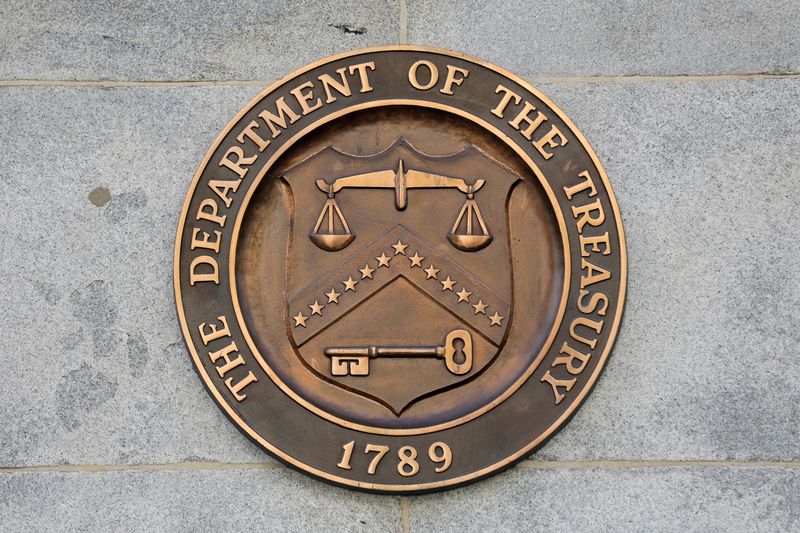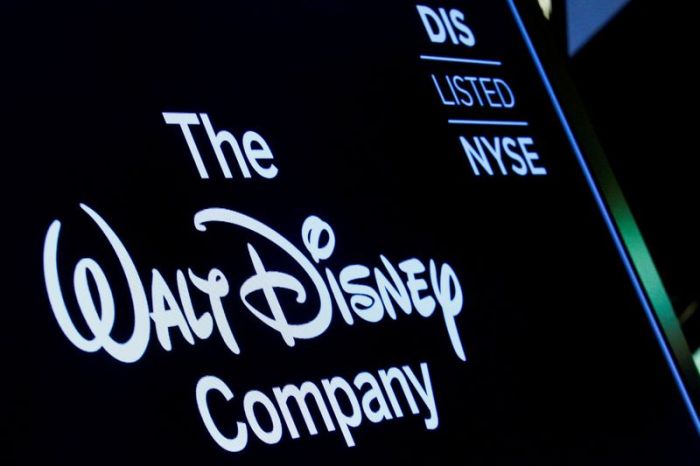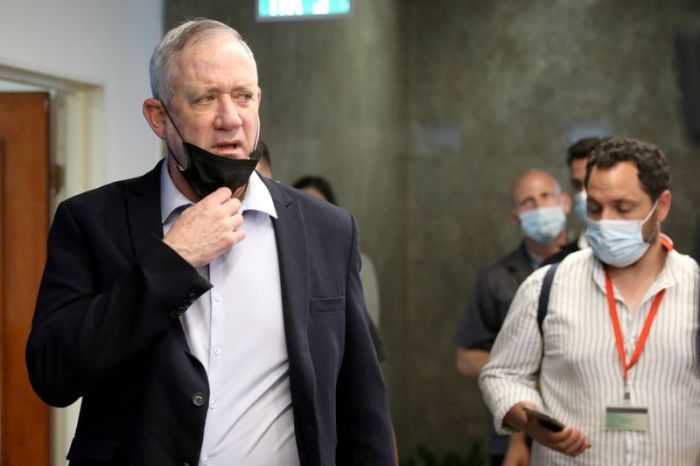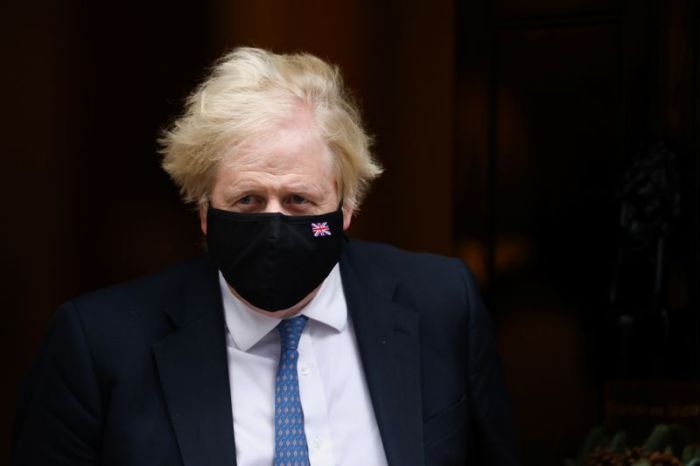WASHINGTON (Reuters) – The U.S. Treasury Department’s crime fighting arm on Tuesday moved to expand reporting requirements for certain domestic and foreign companies as part of a broader push to crack down on corruption and shell companies.
A new rule would implement reporting provisions under the Anti-Money Laundering Act of 2020, aimed at expanding data on who actually owns or controls a company and closing loopholes in existing U.S. law.
The proposed rule would require affected companies to report their identity to the Financial Crimes Enforcement Network (FinCEN), as well as the name, birth date, address and a unique identifying number for each of its owners.
Treasury Secretary Janet Yellen said the rule marked a “major step toward addressing the gaps in our corporate transparency framework that allow corruption to flourish and illicit funds to flow into the United States.
“The rule will help close the loopholes that undermine U.S. national security, bolster economic fairness and protect the integrity of our financial system,” she said.
FinCEN said the proposed rule reflected the Biden administration’s push to crack down on shell companies used to launder the proceeds from corruption, drug and arms trafficking or terrorist financing.
U.S. officials will highlight these efforts at a Summit of Democracies that President Joe Biden is hosting this week and work closely with foreign countries to enact tougher rules, a Treasury official said.
The agency on Monday unveiled plans to improve authorities’ ability to monitor and stem the growing use of all-cash real estate transactions to launder illicit funds.
Tuesday’s proposed rule would establish a framework for all affected companies to report on the “beneficial owners” of entities formed in the United States, as well as foreign entities registered to do business here.
The official said examples of criminal proceeds and ill-gotten gains being laundered though shell companies include a Russian arms dealer nicknamed the “Merchant of Death” who allegedly sold weapons to a terrorist organization, a Venezuelan treasurer who received over $1 billion in bribes, and executives from a supposed investment group that carried out a Ponzi scam.
(Reporting by Andrea Shalal and Daphne Psaledakis; Editing by Dan Grebler)

























